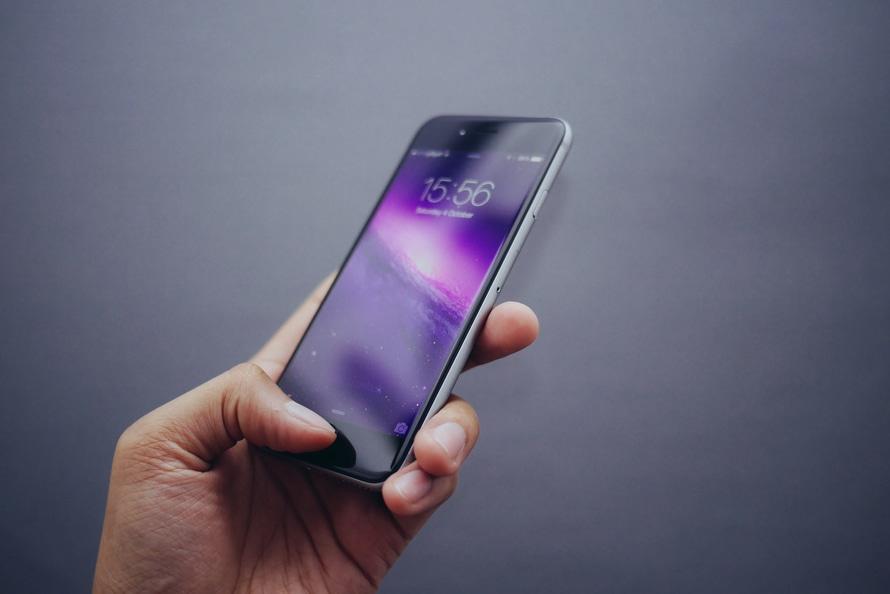Apple is defying a federal court order demanding that the company unlock the iPhone that belonged to Syed Rizwan Farook, one shooter responsible for the deaths of 14 people in a San Bernardino attack last December, The New York Times reported.
The U.S. government approached the company to issue a new operating system, “circumventing several important security features” to access the encrypted information of the attacker’s iPhone, according to a statement issued by Apple CEO Tim Cook.
The statement also included information on the importance of encryption, condolences to those affected by the San Bernardino incident and the dangerous precedent Apple’s compliance could set for consumers’ future security.
It’s a bold move on Apple’s part to defy a federal court order. The company is fighting a losing battle, but its motives for doing so outweigh the company’s inevitable defeat.
Apple is right about this establishing a precedent. We don’t know that the FBI won’t demand that Apple hack into other phones in the future. If this happens once, there’s nothing stopping it from happening again.
Of course, most American citizens don’t have any incriminating evidence on their phones, but the thought of the government being able to look at anything stored on a personal iPhone is terrifying. Plus, anyone investigating the government, be it a journalist or whistle-blower, could easily be shut down in the future.
Interestingly enough, many government workers’ lives likely run on Apple and could conceivably be hacked by the company or another party if the proposed update were to be exploited. National hackfest, anyone?
The U.S. government has not been the most levelheaded when it comes to fighting national terrorism — just look at the impulsiveness of the Red Scare in the 1950s. Having the option to tap into the public’s personal information only perpetuates the problem.
Yes, the government doesn’t have the resources to look through every phone for illegal content, and you’d have to commit a pretty serious crime before the government cares what you’re doing with your phone. But the threat alone violates the public’s expectation of personal privacy.
The balance between security and privacy is difficult to strike, but opening up more ways to hack a phone is never a good thing. An iPhone is an iPhone. If you can hack one, you can hack them all.
And as a business separate from the government, Apple should be separated from this issue. The only responsibility the company has is to make the safest and most secure products for its consumers.
One of the reasons why people buy Apple products is the company’s reputation for extremely secure devices. Replacing anything on an Apple device is near impossible without acute technical knowledge. In more explicit terms, Apple products are not designed to be hacked. Eliminating this aspect of Apple’s products decreases consumers’ trust in the company.
On a more positive note, the statement is Apple’s way of appealing to its consumers. The company is making sure its consumers are aware of Apple’s actions every step of the way and is solidifying its reputation for the long run.
Apple ultimately issued its statement to gain the public’s favor. But in doing so, Apple shined a light on the government’s seedier tendencies. This defiance further falls in line with Apple’s ideology of going against the crowd.
Firing back at the government makes Apple look cool in the eyes of its consumers. Americans already trust companies more than their own government, so this move of solidarity only boosts Apple’s public image. It’s banking on the American emphasis on personal rights and individuality. We are bred to question every move the government has ever made. When Americans see something that infringes on their rights, it infuriates them. Apple capitalizes on that.
Nobody wants to listen to an all-controlling government, and that’s exactly how Apple framed its plight. It is quite noble for a business to lead the fight against an intrusive government. Capitalism is a funny thing.




















































































































